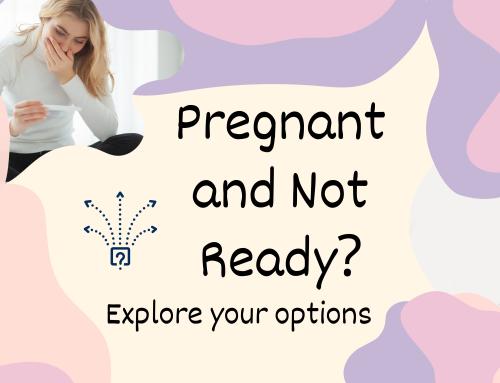Most people are familiar with postpartum depression or the baby blues. However, the topic of depression during pregnancy is often neglected. How can pregnancy, a time of joy and excitement, even be associated with depression? The main reason for depression during this time is the stress that comes along with pregnancy. It is more common than some would expect.
How common?
Research suggests that between 14 and 23 percent of women will experience symptoms of depression during their pregnancy. The percentages amongst pregnant women may fluctuate depending on the income rate of their household.
Depression, by definition, is a mental health disorder characterized by persistently depressed mood or loss of interest in activities, causing significant impairment in daily life. This disorder is one of the most common mood disorders in the world. The condition occurs twice as often in women as in men. Lastly, the initial onset of depression peaks during a women’s reproductive years, which affirms depression during pregnancy indubitably.
Overlooked?
Pregnancy and depression have several very similar symptoms. Some of these symptoms include changes in sleep, appetite, energy levels, and libido. As a result, the woman or her health care provider, might overlook what is actually depression symptoms and attribute them to pregnancy. If a woman does associate her symptoms with depression, she might be hesitant to speak with health care providers due to the stigma associated with depression. Lastly, there is a tendency for health care providers to focus more on women’s physical health, rather than mental health during pregnancy.
Is there a treatment?
During pregnancy, treatment for depression can be found in various forms. Attending counseling can be beneficial for some women. Two common types of counseling are Cognitive Behavioral Therapy (CBT) and Interpersonal Psychotherapy (IPT). CBT is a psycho-social intervention that aims to improve mental health. IPT is a psychotherapy that focuses on resolving interpersonal problems and symptomatic recovery. In addition to counseling, attending support groups can be a helpful treatment as well. Support groups are groups of people that meet together in a safe place to share experiences and feelings about what is going on in their life. Health care providers are available to assist women in finding a support group to their liking. Lastly, it is common to treat depression during pregnancy with antidepressant drugs. Women should speak with their health care provider to figure out if taking antidepressants is right for them.
More information:
https://mchb.hrsa.gov/maternal-child-health-topics/maternal-and-womens-health
https://www.marchofdimes.org/complications/depression-during-pregnancy.aspx#
https://www.healthline.com/health/perinatal-depression-is-depression-during-pregnancy-and-its-real
Like this article? Keep reading AFTH:
https://pregnancyadoptionoptions.com/adoptive-families-general-newborn-care-guide/
https://pregnancyadoptionoptions.com/safe-havens-theyre-not-your-only-option/
https://pregnancyadoptionoptions.com/postpartum-depression-in-new-young-mothers/






